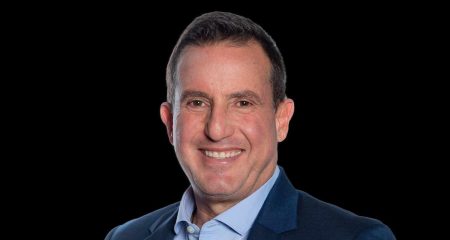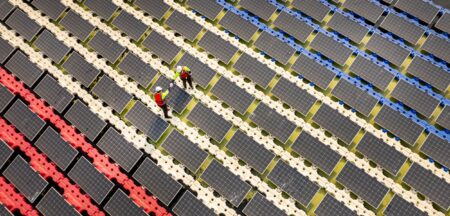
Finance minister Nhlanhla Nene should stop giving further financial lifelines to Eskom and restructure the embattled electricity provider, the Democratic Alliance said on Tuesday.
“Bold decision making can no longer be delayed. In tackling the crisis, a DA-led government would exhibit sorely missed leadership by subdividing Eskom into separate generation and transmission units,” the party said as it presented its annual alternative budget to journalists at parliament.
Such a step would leave both units effectively state-funded, but a separate distribution unit would be freed up to buy from the cheapest supplier, easing the entry of independent producers into the market.
Furthermore, the DA urged the minister to increase allocations to renewable energy projects and to ensure that Eskom recovered money from nonperforming contractors — a reference to the delays it experienced at its new Medupi and Kusile power plants.
Likewise, the DA argued against any further financial help to ailing national carrier South African Airways and called on government to list a 49% stake in the airline over a two-year period “to encourage the carrier’s turnaround and a rationalisation of its operations”.
SAA should also sell off nonessential assets — in line with Nene’s comments of a rationalisation of state assets in his medium-term budget policy statement last year — and cut non profitable flight routes.
The same philosophy should apply to other parastatals, DA finance spokesman Dion George said.
Government should proceed with the partial listing of Alexkor, the Post Office, Denel and parts of the SABC.
The DA argued against any tax increases in Nene’s 2015 budget, saying instead the state should control spending and manage the public purse more prudently to rein in the growing fiscal deficit.
Noting that the public sector wage bill had swollen to 39% of total government expenditure in the past 20 years, George said it was imperative that it be restructured. This would get rid of “incompetent, ineffective cadres clogging up the management echelon”.
He conceded this would meet with resistance from organised labour and urged government to find the political will to oppose trade unions.
In contrast, the trade union federation Cosatu’s wishlist for Nene’s 2015/2016 budget included fewer spending cuts and strategic nationalisation of assets.
Cosatu spokesman Patrick Craven said the 2013 and 2014 budgets and medium-term budget policy statements had ushered in a brutal reality for the working class.
“The massive reduction in the budget deficit from 4,1% in 2014 to 2,5% by 2017 is achieved through real spending cuts, which can only cause the economy to further stagnate.”
Craven said the National Planning Commission should be given a new mandate to bring its plans in line with the state’s vision of radical economic transformation.
Cosatu called for comprehensive social security and land reform, and measures to ensure food security.
Tax reform suggestions included a solidarity tax which would cap the growth earnings of the top 10% and accelerate the earnings of the bottom 10%; and an increase in secondary tax on companies to encourage re-investment and job creation. — Sapa




